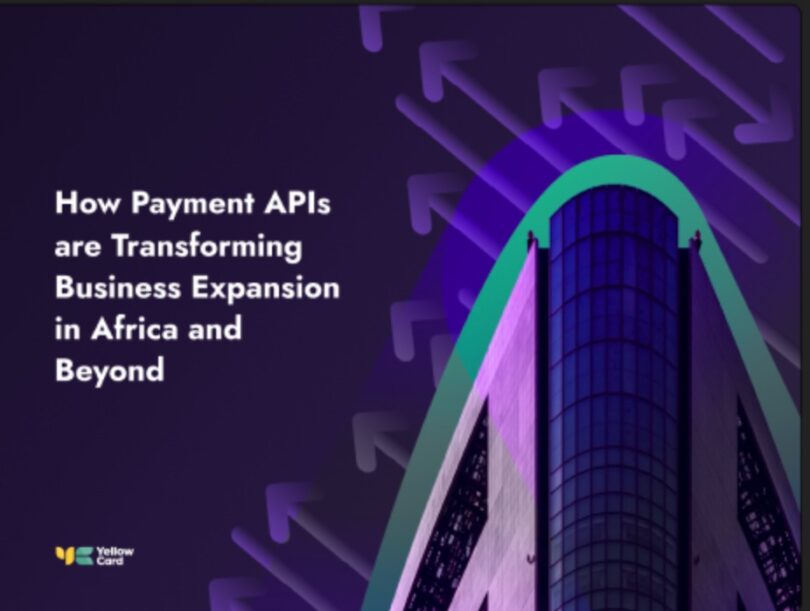Report By: Isaac Mensah
Africa is rapidly becoming a global hub for fintech innovation, with an increasing number of businesses adopting digital payment solutions that go beyond traditional banking systems.
Central to this transformation are Payment APIs, particularly those focused on cryptocurrencies, which have emerged as a powerful tool for enhancing financial access and efficiency across the continent.
According to an E-book by Yellow Card titled “Unlock the Future of Business Expansion with Payment APIs”, Africa’s fintech sector has experienced remarkable growth, driven by high mobile penetration, a young population, and a fragmented banking infrastructure that has historically excluded a significant portion of the population.
Over 57% of adults in Sub-Saharan Africa are unbanked, and traditional financial services often fail to reach rural areas or meet the needs of underserved populations.
This gap has created a fertile ground for fintech solutions, with mobile money platforms like M-Pesa, Airtel Money, and MTN Mobile Money leading the charge.
The book further went on to explain that Payment APIs have become a crucial component of this digital revolution.
By enabling secure, real-time transactions, these APIs help businesses streamline payments, reduce costs, and improve customer experience.
Whether it’s through traditional methods like bank transfers or more modern solutions like mobile wallets and cryptocurrency, Payment APIs are making financial services more accessible and efficient.
Africa’s adoption of crypto payment APIs has been significantly influenced by a combination of economic factors and technological advancements.
Crypto payment solutions provide businesses with an alternative to traditional financial systems, offering benefits such as low transaction fees, fast settlements, and the ability to bypass complex banking intermediaries.
1. Currency Volatility and Inflation Concerns
Many African countries, including Nigeria, Zimbabwe, and Ghana, face challenges with currency devaluation and inflation, which undermine purchasing power.
Stablecoins, which are digital currencies pegged to stable assets like the US dollar, provide a hedge against these issues.
2. High Remittance Fees
Remittances are a vital source of income for many African households, but traditional money transfer services often charge high fees—sometimes up to 10%.
Crypto payment APIs help lower these fees by enabling faster, cheaper cross-border payments.
3. A Youthful, Tech-Savvy Population
With over 60% of Africa’s population under the age of 25, the continent boasts a demographic that is highly receptive to digital innovations.
As mobile penetration increases, more individuals and businesses are adopting digital wallets, peer-to-peer crypto transfers, and online marketplaces.
4. E-Commerce and Mobile Commerce Growth
Africa’s e-commerce market reached $30 billion in 2024, with projections to double by 2030.
As more businesses move online, the demand for flexible, secure, and cost-effective payment methods grows.
Crypto payment APIs help businesses in Africa access global markets without the need for costly currency conversions and complicated banking processes.
5. Regulatory Shifts and Growing Adoption
While regulatory environments in Africa remain diverse, some governments are beginning to embrace crypto solutions. Countries like Nigeria have introduced their own Central Bank Digital Currency (CBDC), eNaira, while South Africa is moving towards regulating crypto assets as financial products.
As Africa continues to embrace digital finance, the role of crypto payment APIs in shaping the future of commerce cannot be overstated.
These technologies not only enable faster and cheaper transactions but also contribute to financial inclusion by providing access to payment solutions for those traditionally excluded from the formal banking sector.
Read more about the E-book, a comprehensive guide on how businesses can leverage modern payment solutions to scale and thrive in today’s interconnected economy.
Source: www.thenewindependentonline.com








